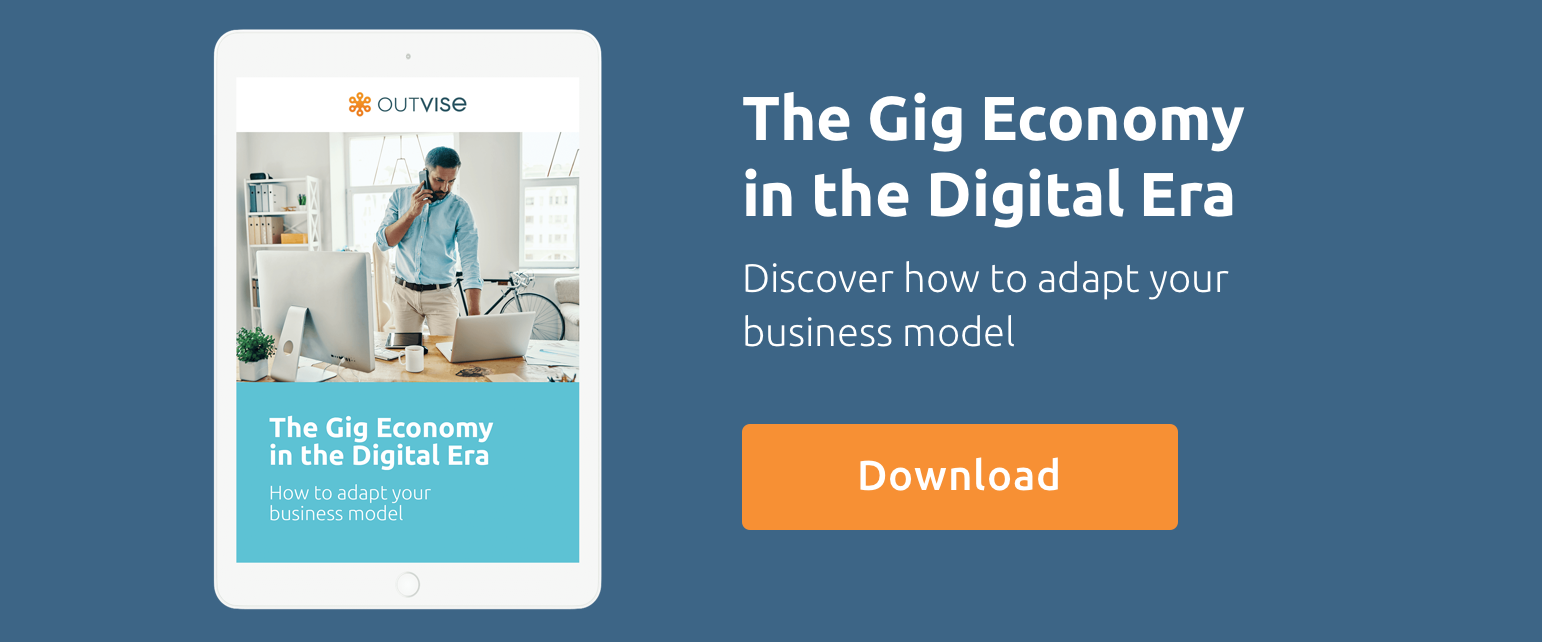At a time when digital transformation has become the buzzword and many companies are struggling to adapt their processes to new paradigms, hiring a business analyst is the sure way to lead an organisation through changes. But what exactly does a BA do and how to find the best candidate? The Outvise team answers this question below.
What’s a business analyst and what does he do
A business analyst performs a key role in many organisations who want to become more efficient and align with new market standards. This professional profile’s prominence has skyrocketed since the arrival of the gig economy and some of his tasks include:
- Link ITs and business’ operations. A business analyst’s main goal is to transform a business towards a more efficient model suggesting data-driven changes.
- Analyse a company’s processes, products or services and technological tools. This examination will provide the BA with a clear idea of where the company is at the moment and where exactly it can be led to.
- Add value by suggesting different ways to improve the company’s efficiency. The business analyst will therefore need to be in touch with executives and stakeholders.
At this point, the ideal business analyst will be able to align needs and make suggestions that match the company’s real feasibilities.
To summarise, a business analyst is in charge of seeing an organisation’s potential in terms of efficiency and suggest different ways for improving and transforming it.
But there is more. According to the International Institute of Business Analysis’ whitepaper, ‘Essential Competencies for Success’, the tasks performed by BAs have expanded with the arrival of digital technologies. The paper identifies three key extended roles:
- The strategist, who “focuses on digital strategy and business outcome.”
- The specialised BA, who “utilises in-depth technology competencies to implement and validate digital goals.”
- The “Renaissance professional” who performs a “cross-functional role that cuts across multiple disciplines (e.g. Product Manager/BA).”
The ideal business analyst candidate: a High Value Freelancer
Because of the width and depth necessary to carry out the tasks described above, the most demanded business analysts are High-Value Freelancers who provide their services as freelance consultants. This way, companies access a pool of expertise and knowledge instantly: from technological and operational expertise to the know-how and efficiency that comes with being in touch with a wide array of industries.
When considering candidates for business analyst role, companies should look for these three key skills:
A deep expertise on certain business areas, coming with industry-specific experience
Specialised knowledge is a must for any business analyst and this will include a command of a wide array of disciplines: from those specific to the company’s product or services to data science.
Operational experience
A business analyst must not only outline a company’s problems and opportunities: he must also be able to suggest ways to implement specific changes in order to transform an organisation. This is why the ideal BA candidate should present operational as well as analytical skills.
Good communication skills.
Communication skills are vital for any professional, but especially one who must analyse many departments and provide solutions for the company’s needs in a relatively short period of time. Thus, the business analyst’s communication skills must be assessed before his embarkment on a project, as they can determine a project’s success.
A critical mind
Business analysts must perform objective analysis and evaluations of processes, products and services. Later, this knowledge must transform into specific, feasible, data-driven actions for companies.
This is why, when picking a candidate, companies should look for someone who shows an analytical but open-minded approach to processes and who focuses on problem-solving.
This need for an unbiased analysis again points towards hiring a High Value Freelancer, who will provide an objective perspective for a company.
Alex Collart, CFO & Co-founder at Outvise. Serial entrepreneur and management consultant, with a focus on strategy and marketing. Has co-founded and exited several companies. Former McKinsey&Co associate. Industrial Engineer + MBA (IESE/Kellogg).






No comments yet
There are no comments on this post yet.